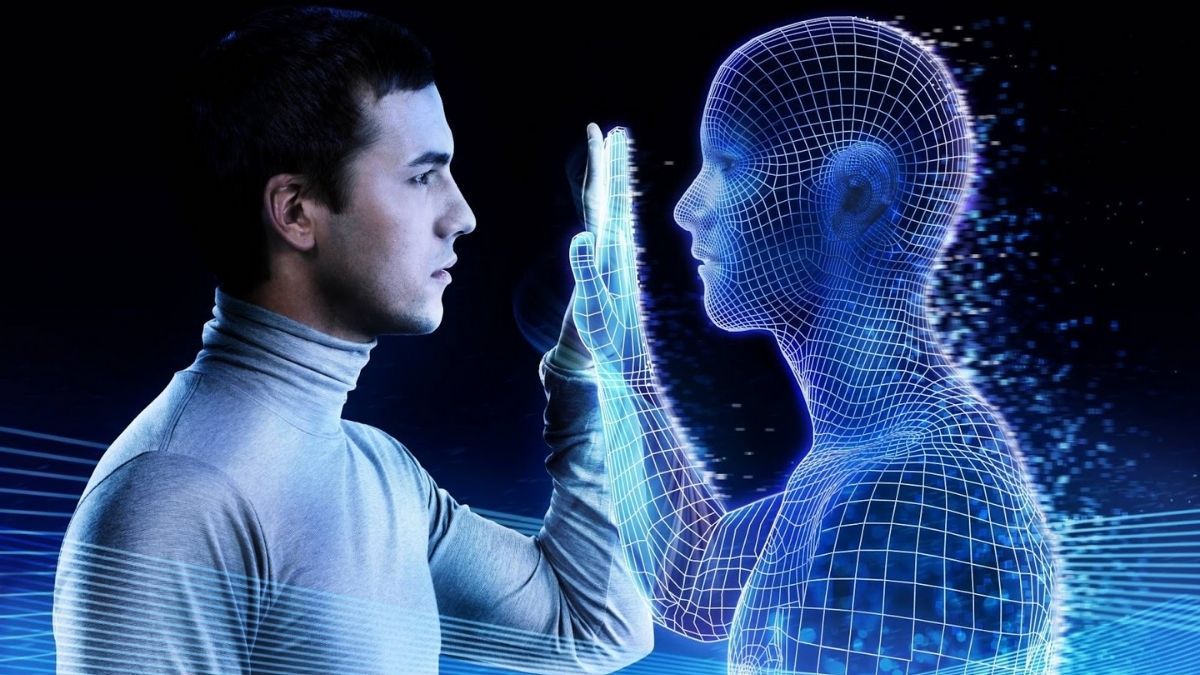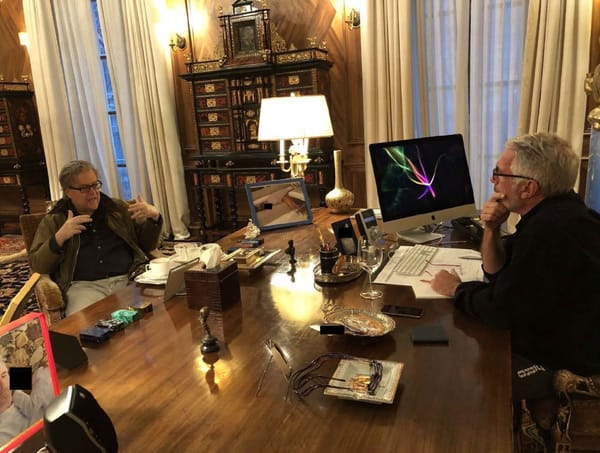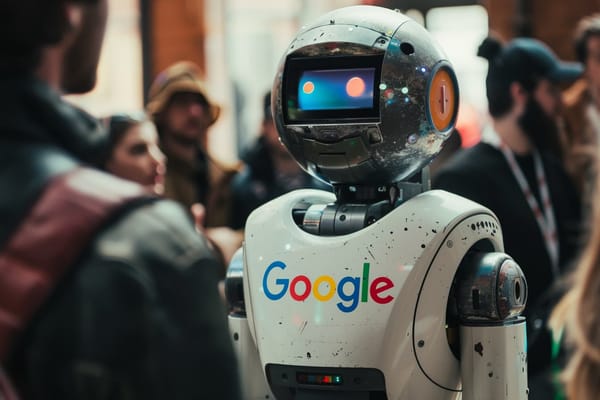Former Google engineer and computer scientist predicts humans will achieve immortality within eight years
This striking realization was made by an individual who has a track record of accurately predicting the future, with 86 percent of their 147 predictions turning out to be correct.

Former Google engineer and computer scientist Ray Kurzweil predicts that humans will achieve immortality in just eight years. This striking realization was made by an individual who has a track record of accurately predicting the future, with 86 percent of their 147 predictions turning out to be correct.
Presently, as the predestined date approaches, the remarks made by Kurzweil concerning immortality have resurfaced in a two-part YouTube series hosted by Adagio, a vlogger specializing in technology-related content.
Kurzweil's past predictions of technological advancements, such as the widespread adoption of laptops and the victory of an IBM computer over the world chess champion Garry Kasparov, have been proven to be accurate. These successful prognostications have gained Kurzweil a significant following among other forward-thinking individuals, resulting in a sort of cult-like admiration for him.
Adagio's latest videos, which have accumulated over 87,000 views, revisit the assertions made by Kurzweil in his 2005 book titled "The Singularity Is Near." In the book, Kurzweil prophesied that advancements in technology would enable human beings to attain eternal life by the year 2030.
“2029 is the consistent date I have predicted for when an AI will pass a valid [Alan] Turing test,” Kurzweil told Futurism in 2017 — referring to experiments that challenge computers to think like us — “and therefore achieve human levels of intelligence.”
“I have set the date 2045 for the ‘Singularity’ which is when we will multiply our effective intelligence a billionfold by merging with the [artificial] intelligence we have created.”
Kurzweil has put forward the proposition that within a period of fewer than ten years, humans will have devised technological means to counteract aging and illnesses with the aid of microscopic robots, dispatched to repair the cellular structure of our bodies. As a matter of fact, medical engineers are presently engaged in accelerated efforts to develop these disease-fighting machines.
Additionally, he contends that this nanotechnology will provide individuals with the ability to consume any food of their preference while simultaneously maintaining a slim and energized physique.
“Nanobots in the digestive tract and bloodstream will intelligently extract the precise nutrients we need, call for needed additional nutrients and supplements through our personal wireless local area network, and send the rest of the food we eat on its way to be passed through for elimination,” Kurzweil suggested in a 2003 blog post.
Although Kurzweil's predictions may appear somewhat implausible to some individuals, it is worth noting that many of his earlier assertions have materialized as factual.
Among a comprehensive inventory of prognostications, Kurzweil has made several accurate predictions in the past. For instance, he correctly foretold that consumers would be able to design their own clothes, using precise measurements and style requirements, from the convenience of their home computers by 1999. He also accurately prophesied that the world's most exceptional chess player would lose to a computer by 2000, and that portable computers, in a diverse range of sizes and shapes, would become the primary means of computing by 2009. Moreover, he predicted that by 2010, a majority of people worldwide would have constant access to high-bandwidth wireless internet.
a cohort of Silicon Valley billionaires, including Peter Thiel and Jeff Bezos, have invested considerable resources into Kurzweil's forecasts, dedicating their professional endeavors to advancing technological capabilities that will permit individuals to thrive well beyond the centenary mark.
Thanks for visiting Our Secret House. Create your free account by signing up or log in to continue reading.





